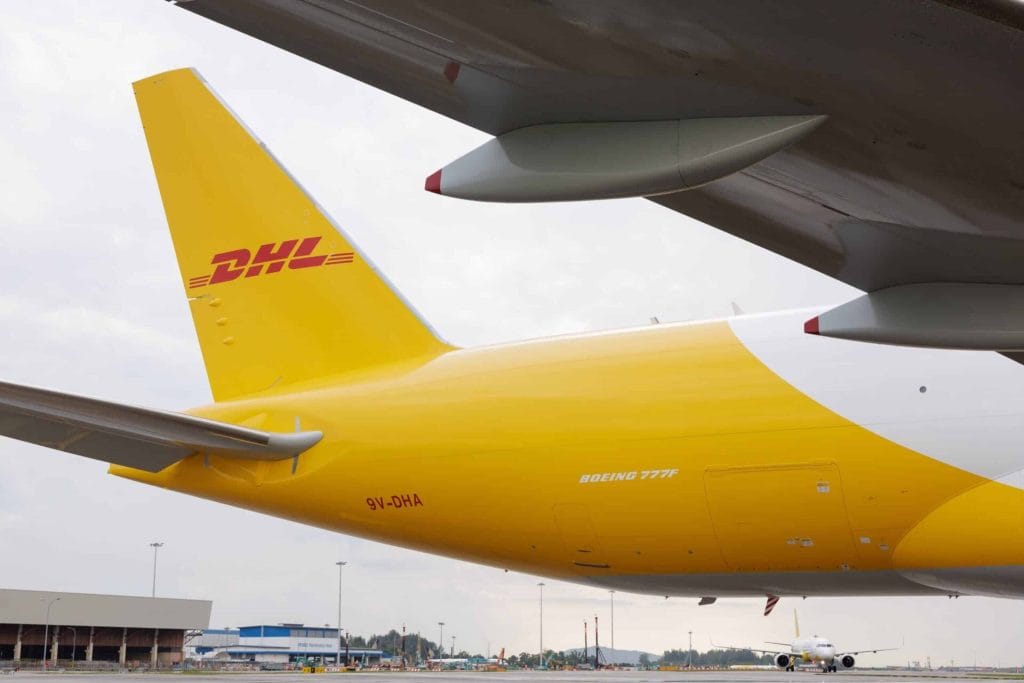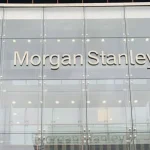DHL, Phillips 66 to Deliver Major Sustainable Aviation Fuel Supply for U.S. Cargo Routes

• DHL secures more than 240,000 metric tons of Sustainable Aviation Fuel over three years, one of the largest SAF agreements in the U.S. air cargo sector.
• The deal is expected to avoid approximately 737,000 metric tons of lifecycle emissions, with deliveries centered on LAX and additional West Coast airports.
• Phillips 66 will supply SAF from its Rodeo Renewable Energy Complex, one of the world’s largest renewable fuels facilities.
A decisive push in U.S. aviation decarbonization
A new multi-year supply agreement between DHL Express and Phillips 66 is set to reshape the availability of Sustainable Aviation Fuel (SAF) on the U.S. West Coast. The companies have signed a contract for more than 240,000 metric tons of SAF over three years, a scale that places the deal among the largest for any American air cargo operator.
The fuel will support DHL’s air operations through deliveries at Los Angeles International Airport, the logistics group’s main West Coast gateway, with planned expansion to San Francisco and other regional airports. DHL will use a book-and-claim system to account for emissions reductions across its global network, a mechanism increasingly adopted by aviation customers seeking verifiable decarbonization pathways.
At its core, the agreement reflects the intensifying pressure on logistics and freight companies to decarbonize hard-to-abate transport segments while keeping pace with tightening regulatory expectations. With investors, regulators and corporate customers demanding clearer Scope 3 strategies, the expansion of credible SAF supply has become a pivotal element in global freight planning.
Production anchored at a flagship renewable fuels complex
Phillips 66 will produce the SAF at its Rodeo Renewable Energy Complex in California, a facility undergoing a major conversion to manufacture renewable fuels at scale. The plant has the capacity to produce 150 million gallons of neat SAF annually, allowing the company to supply long-term commitments such as DHL’s.
RELATED ARTICLE: DHL Leads Sustainable Transport with Hydrogen Trucks in Germany
For DHL’s operations, the supply volume translates into an expected reduction of roughly 737,000 metric tons of lifecycle greenhouse gas emissions over the contract period. The company has framed the agreement as a key lever in advancing its net-zero 2050 strategy, which relies heavily on securing consistent access to lower-carbon fuel.
Travis Cobb, EVP Global Operations and Aviation at DHL Express, said: “This agreement with Phillips 66 is a significant milestone for DHL Express as we work towards our sustainability goals. By securing a reliable supply of SAF, we are not only reducing our carbon emissions – and those within our customers’ supply chains – but also setting a precedent for the logistics and air cargo industries in the U.S. Our collaboration with Phillips 66 underscores our commitment to a lower-carbon future and demonstrates the importance of sustainable practices in our operations.”
Phillips 66 leadership echoed the strategic rationale. Brian Mandell, EVP Marketing and Commercial, stated: “This agreement between Phillips 66 and DHL demonstrates our shared commitment to SAF market leadership and credible action in the growing SAF industry. Through our global renewable fuel business, we are committed to supporting DHL and our customers in achieving their decarbonization goals. Our agreement with DHL showcases cross-industry collaboration, and together, we aim to drive progress toward sustainable solutions in the aviation sector.”

A growing global SAF portfolio
For DHL, the U.S. deal strengthens a portfolio of SAF partnerships secured across Europe, the Americas and Asia Pacific since 2021. The company’s GoGreen Plus service, which enables corporate customers to cut Scope 3 emissions through SAF usage, depends on sustained access to high-integrity fuel supply. As more multinational shippers begin accounting for logistics-related emissions within procurement decisions, scalable SAF access has become a differentiator for aviation-heavy supply chain providers.
The agreement also highlights the broader policy and market dynamics surrounding renewable fuels. U.S. federal and state incentives have begun accelerating SAF production, while forthcoming mandates in Europe and rising voluntary demand from corporate buyers are shaping the global competitive landscape. Producers capable of delivering consistent volumes at verifiable carbon intensity levels are positioning themselves to capture a growing share of the market.
What executives should watch
For aviation, logistics and energy executives, the DHL–Phillips 66 deal points to a tightening interplay between corporate climate commitments, regional policy incentives and the maturing economics of SAF production. It also illustrates the role of cross-sector alliances in scaling alternatives to conventional jet fuel at a pace aligned with climate targets.
As U.S. and international regulators consider stricter aviation emissions frameworks, supply agreements of this size show how major carriers are preparing for a future where lower-carbon fuel becomes a structural, rather than optional, element of fleet strategy. And as global trade continues to rely on rapid air freight capacity, the sustainability of these routes will depend on how quickly the SAF ecosystem expands beyond isolated, project-based volumes into consistent regional supply chains.
Follow ESG News on LinkedIn












